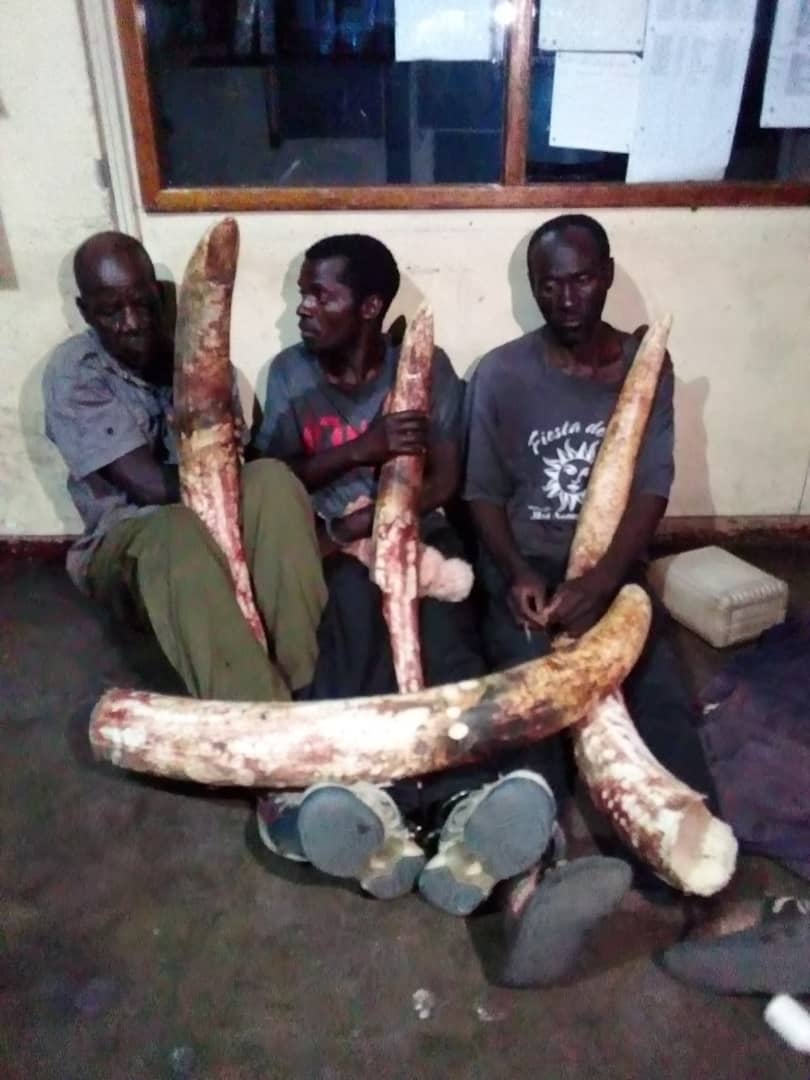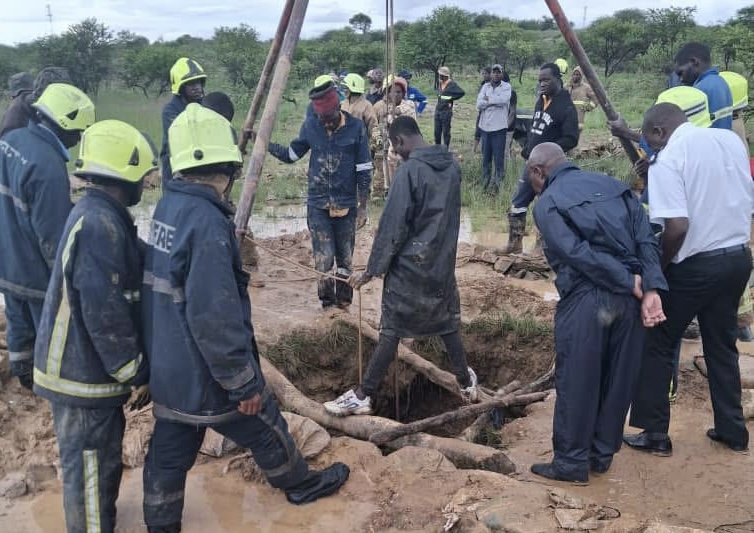BY NOKUTHABA DLAMINI
The Zimbabwe Parks and Wildlife Management Authority (Zimparks) arrested 36 armed poachers inside the country’s national parks last year as the number of endangered rhinos killed for their horns rose sharply.
Zimbabwe records a high number of poaching cases every year with animals such as elephants and rhinos targeted for their horns, which are in demand in Asian countries.
Some of the poachers are said to be from neighbouring countries such as Zambia.
Zimparks spokesperson Tinashe Farawo said the arrested poachers targeted endangered species such as rhinos and elephants for their horns and lions for their skin and teeth.
“Year 2022 saw 36 armed poachers being arrested as they were targeting some endangered species inside our protected areas for commercial purposes,” Farawo told The Standard in an interview.
“As a result 36 of our elephants were either shot or poisoned.
“We also recorded a total of 11 rhinos being poached where six of them were white rhinos and five being the black ones.”
Farawo said four rhinos were poached inside the Matobo National Park in Matabeleand South while the other four were poached at Save Valley Conservancy in the lowveld.
The Save Conservancy is one of the largest private game reserves in Africa, covering 750 000 acres of diverse wildlife habitat.
Rhinos are poached for the keratin in their horns — a protective protein that makes up hair, nails and skins.
In Asia where the horns are mainly exported due to high demand, the protein is believed to have medicinal properties.
Dambari Wildlife Trust (DWT), a non-profit organisation that has been assisting Zimbabwe on its rhino conservation efforts in two western intensive protection zones covering the Matobo and Hwange game reserves, said the number of rhinos poached last year was higher than those poached in the past eight years combined.
A 2019 study by the World Wildlife Fund (WWF) showed that elephant ivory and rhino horns carry cultural significance and are used for traditional purposes, mainly in the Asian countries.
“Ivory is a status symbol,” the WWF study revealed.
“It’s a luxury product that people use to flaunt their wealth.”
Nicky Pegg, a DWT researcher, attributed the spike in rhino poaching cases to the easing of Covid-19 lockdowns in Zimbabwe and the reopening of the country’s borders.
Farawo said seven of the elephants killed last year were from the Ngamo Safari area, seven in Kadombora, two in the Sinamatela area, Hwange Safari and Matetsi, all in the northwest corner of Zimbabwe and Save Valley Conservancy.
“In the year under review our rangers encountered eight armed contacts and after the battles they managed to recover 25 rifles, 174 ammunition and they also recovered 123 elephant tusks and three for rhinos,” Farawo said.”

Pieces of raw ivory and a gun recovered from suspected poachers in Kamativi
“Further, 5 530 shovels were recovered and we also destroyed 167 illegally pitched tents belonging to the poachers.”
Farawo said the poaching cases had, however, declined compared to 2021 and this was due to intensified patrolling and surveillance inside the parks.
“We invest significantly in our law enforcement in a key drive to protect our wildlife, most of which are key species vulnerable to poachers such as the elephants, lions and rhinos across all our protected areas,” he said.
“We have seen a decrease in poaching compared to the previous year where we lost 42 key species and in 2022, that number was reduced by six.
“This became a success following our increased intensive patrols inside the national parks where we have 90% of our rangers camped there.”
Farawo said collaboration with law enforcement agencies and the judiciary had also helped to bring the culprits to book.
“We also worked closely with law enforcement officials and the courts and they managed to arrest and try at least 915 cases of both for commercial and subsistence poachers throughout the country,” he said.
“But the message remains clear that if you are found armed inside the park you will be killed.
“Our rangers will not hesitate to shoot on site and we are alert and even those that encroach inside the park for purposes of subsistence poaching will be arrested and taken to court.”
Farawo appealed for partnerships with non-profit organisations to fight poaching inside the national parks.
Trevor Lane, a co-founder of Bhejane Trust, a non-profit organisation that seeks to protect elephants, rhinos and other large mammals in Zimbabwe’s parks, praised Zimparks for bringing down poaching cases.
“The figures are impressive to us because they show that they have been doing a good job considering the past years where we have come from,” Lane said.
“I wouldn’t know what pushes commercial poaching because our organisation does not investigate such things, but for subsistence poaching, obviously the reason for that is the issue of poverty in the communities.”
According to ZimParks, 322 elephants were killed by poachers between 2016 and 2019, largely for their tusks. In two separate incidents at the expansive Hwange National Park, 90 elephants were killed in 2013 and 40 in 2015, after poachers laced cyanide on oranges at watering holes, in what some conservationists described as industrial-scale poaching.


 Slider3 years ago
Slider3 years ago
 National4 years ago
National4 years ago
 Tourism and Environment4 years ago
Tourism and Environment4 years ago
 Opinion4 years ago
Opinion4 years ago
 Special reports4 years ago
Special reports4 years ago
 National4 years ago
National4 years ago
 National3 years ago
National3 years ago
 National3 years ago
National3 years ago



